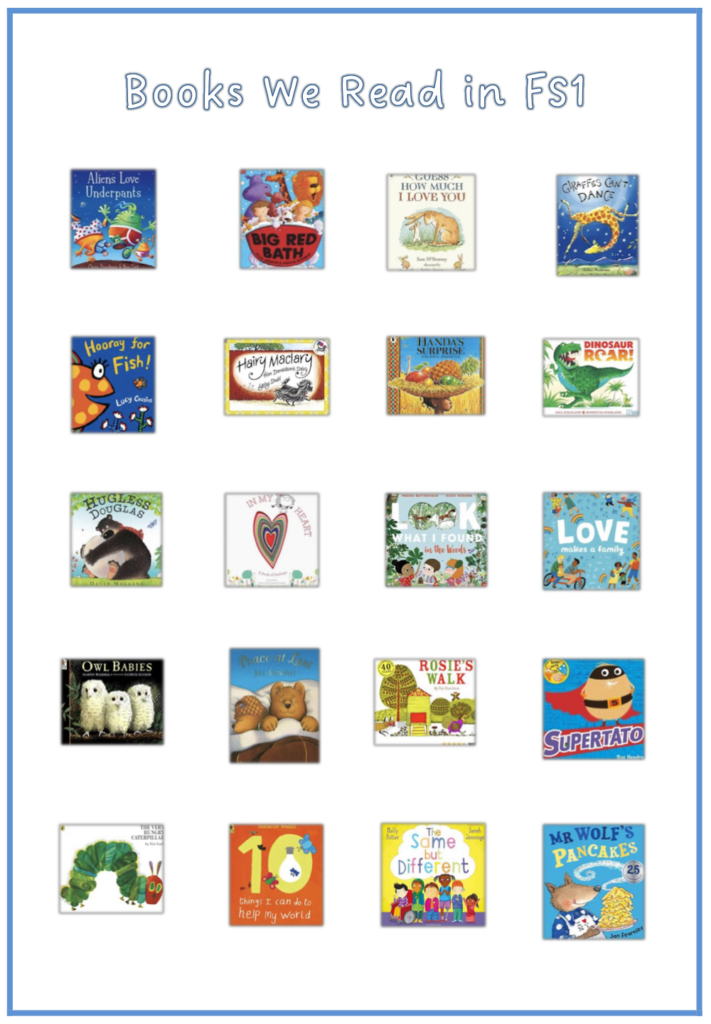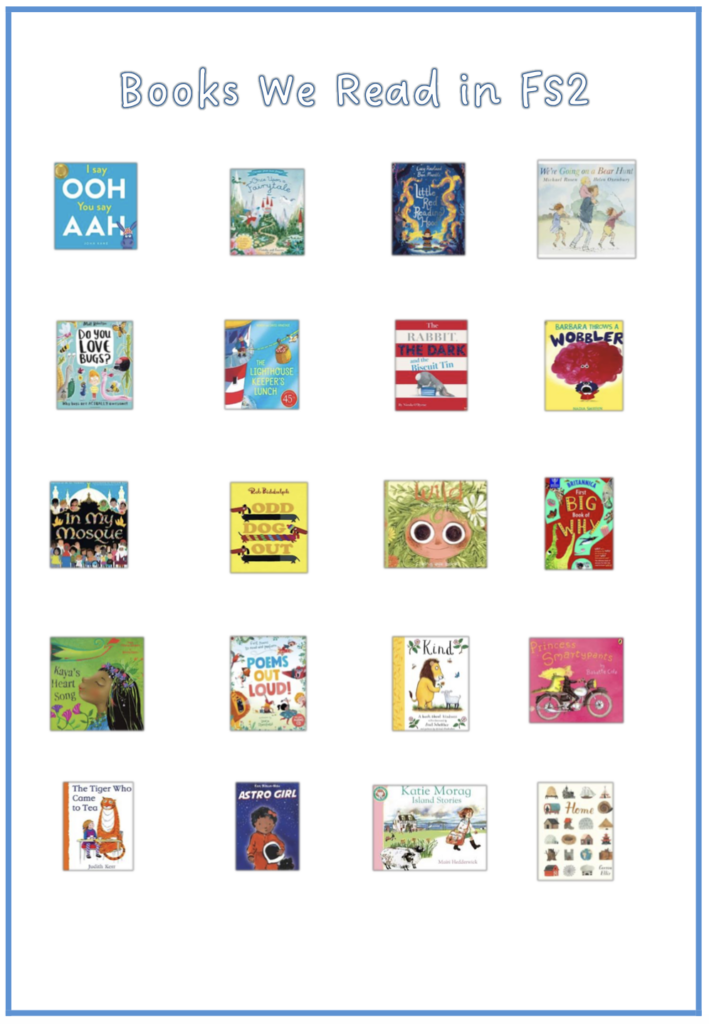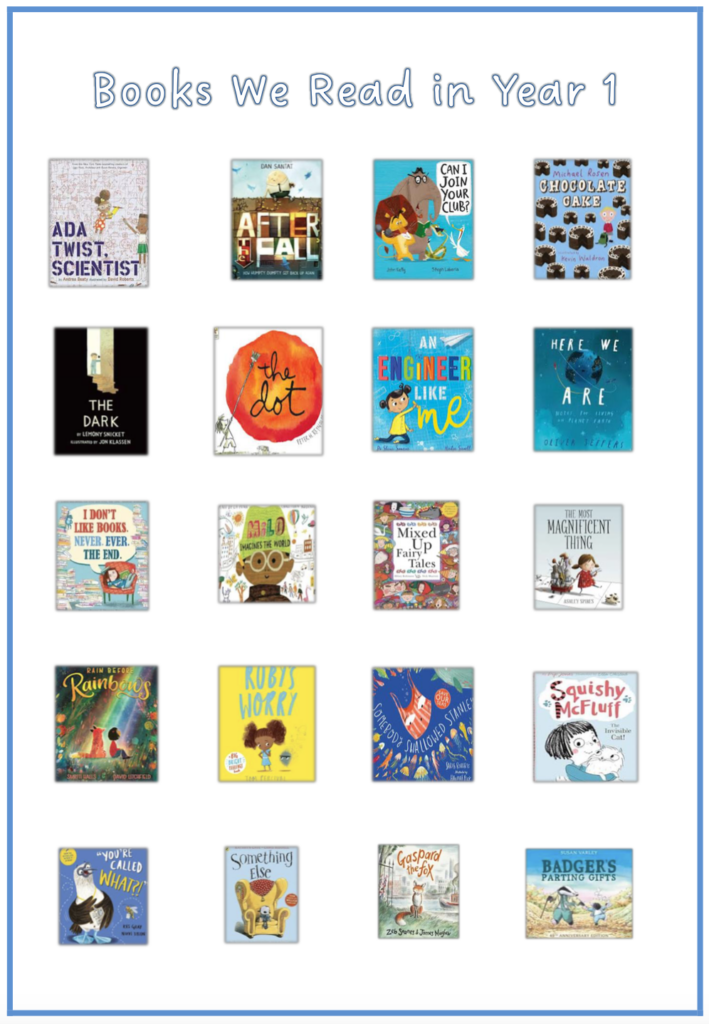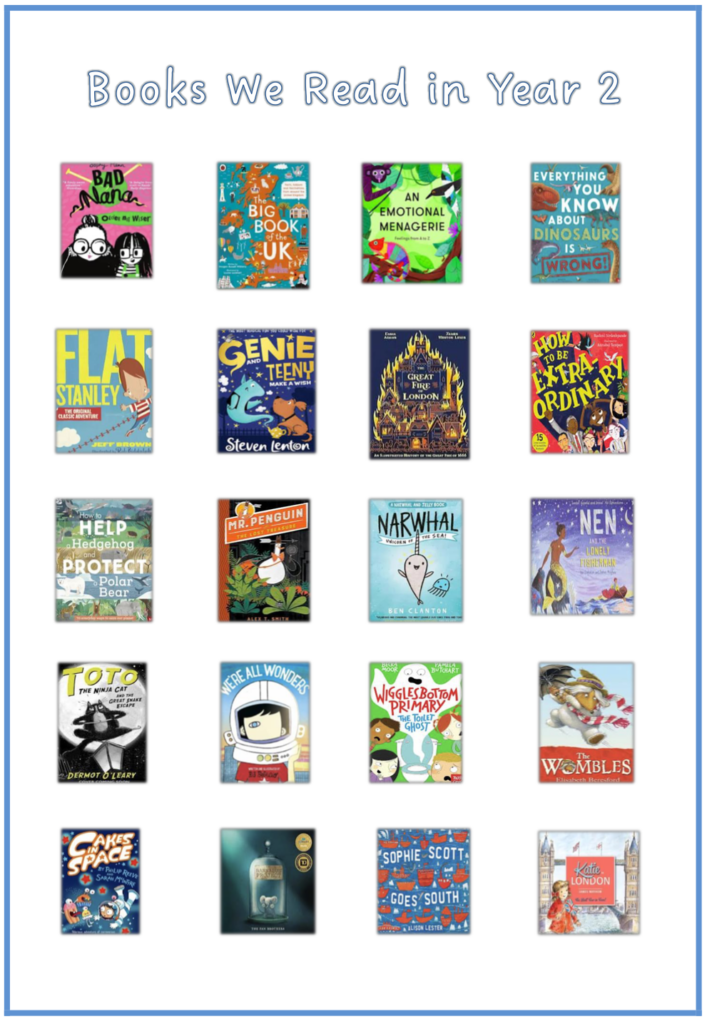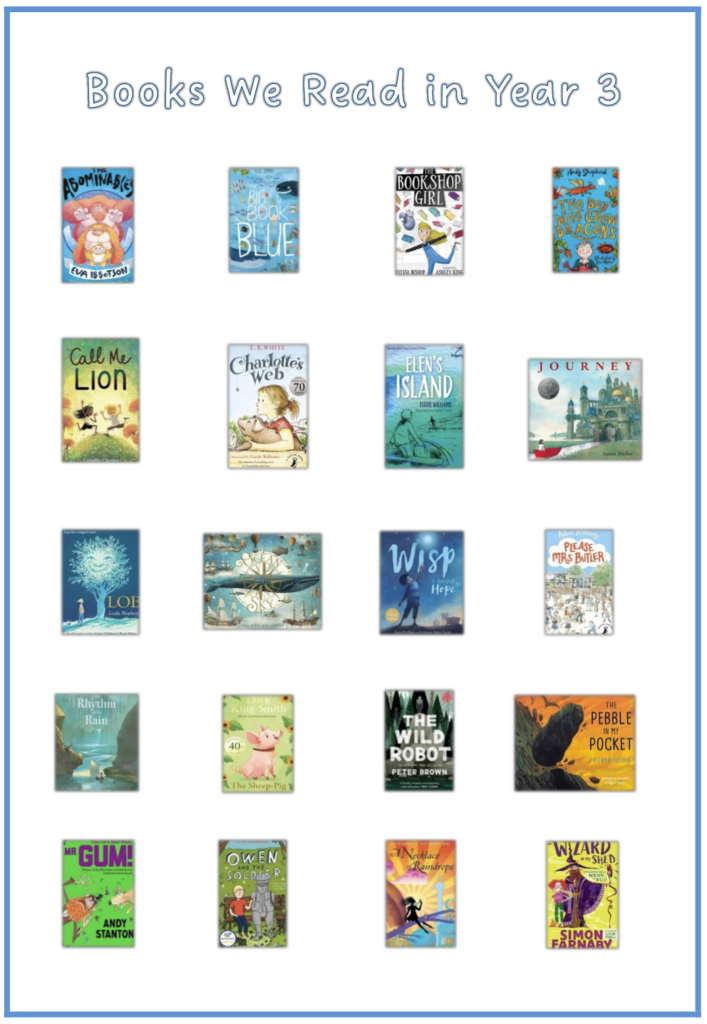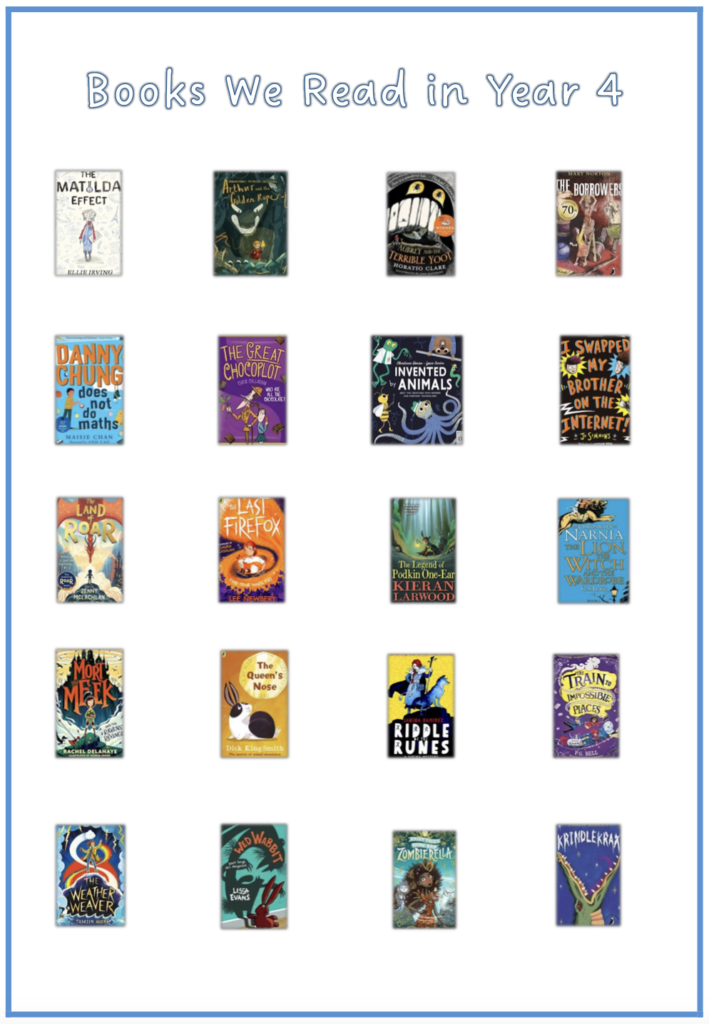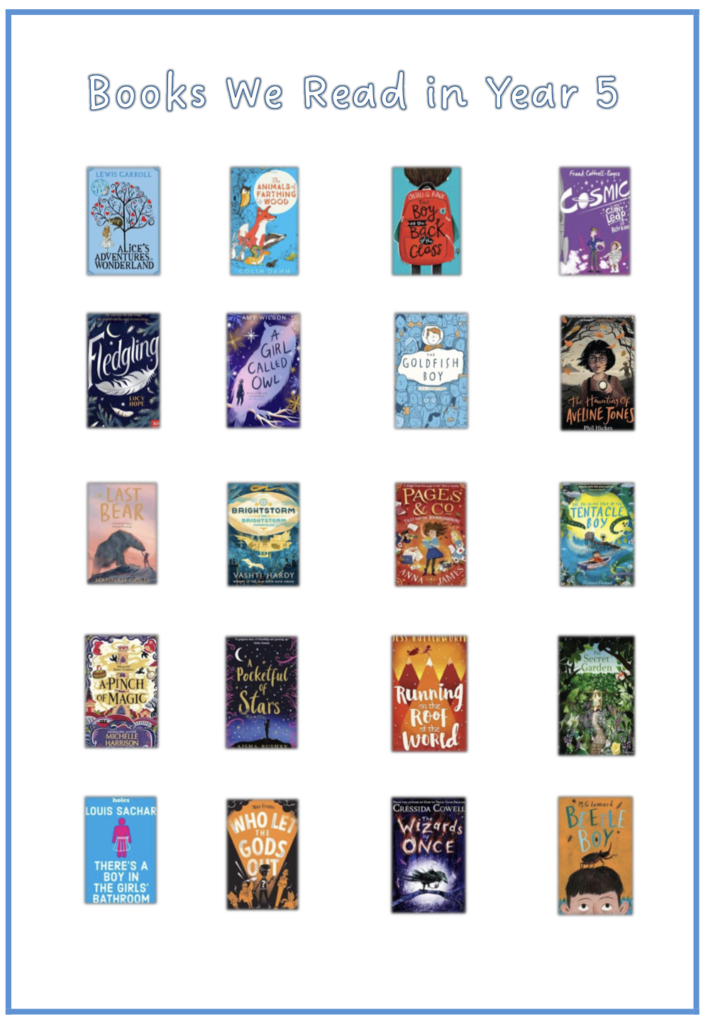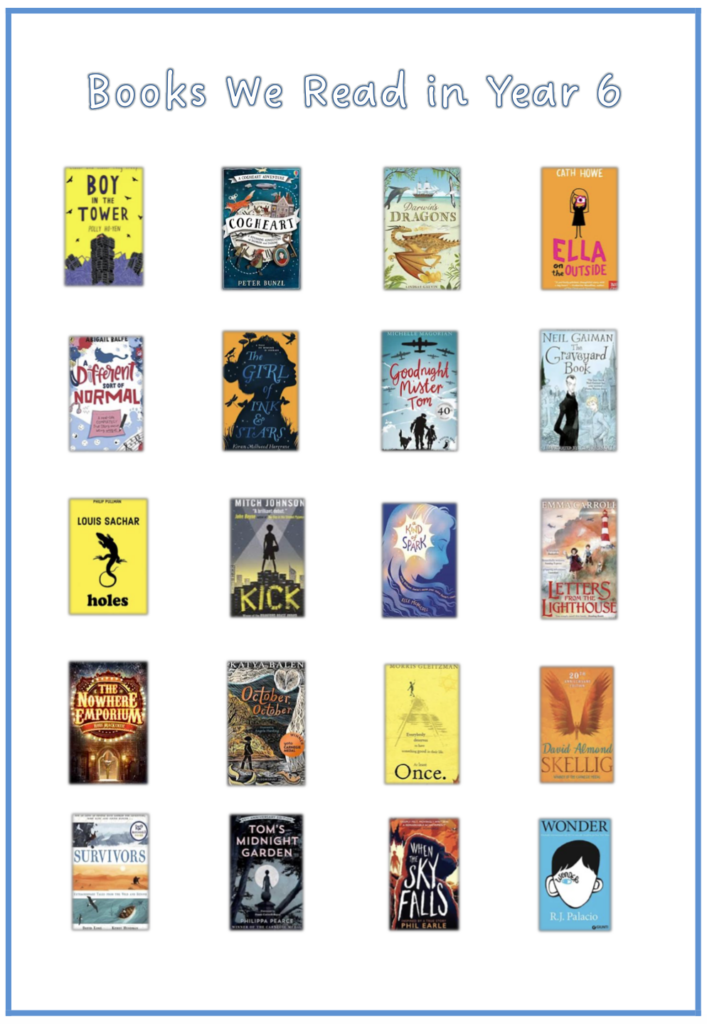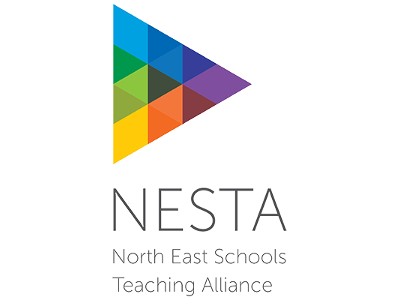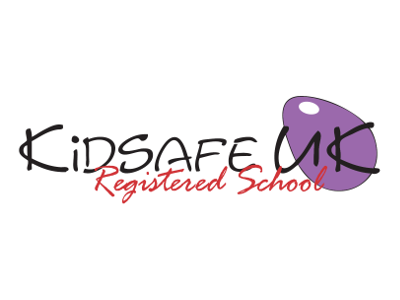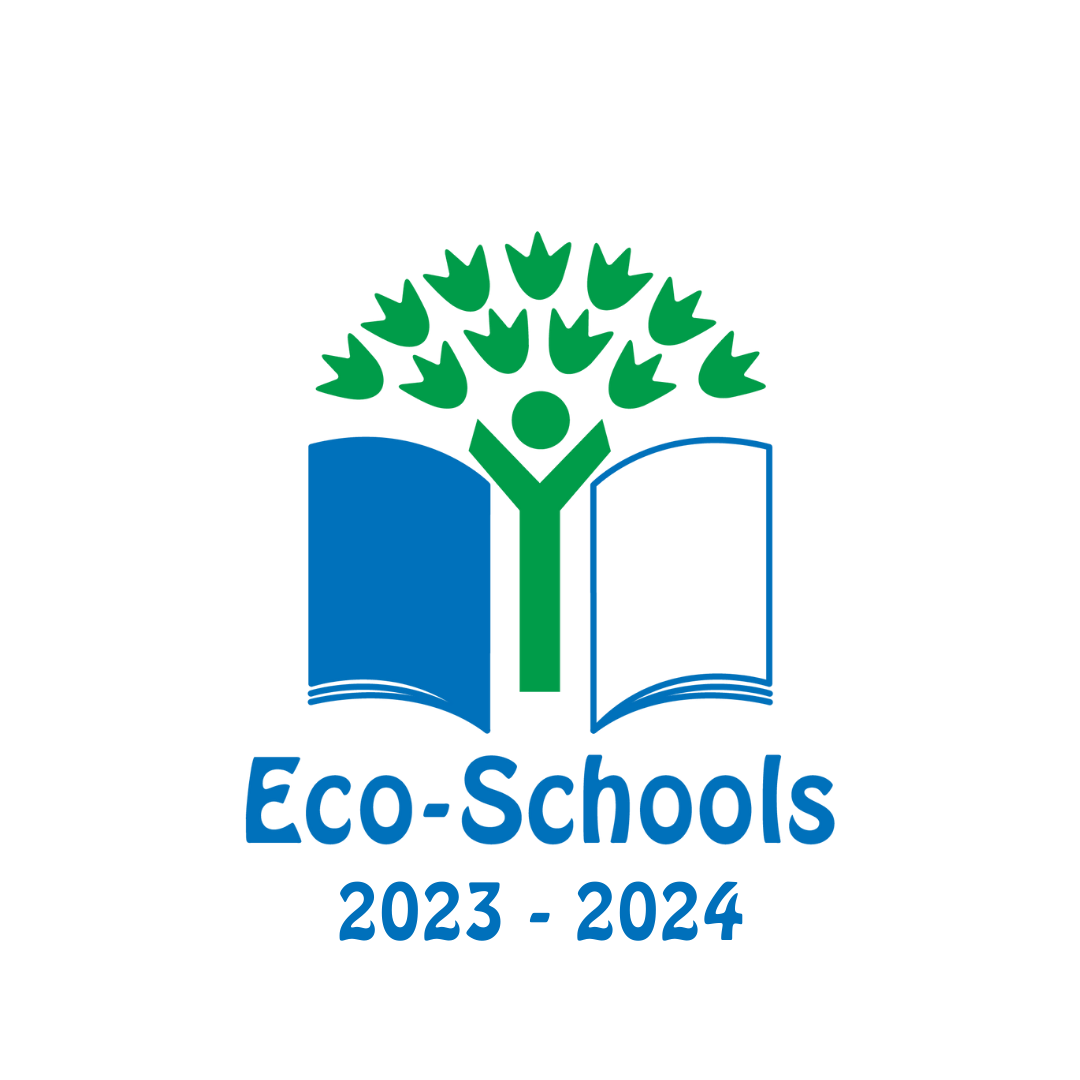Reading
At Normanby Primary School we want children to enjoy reading, develop a love of books and develop the skills needed to read fluently, and with both understanding and confidence. We believe that reading is an important life skill, and we are dedicated to helping pupils become lifelong readers.
When pupils become effective decoders and can read with automaticity, reading fluency, stamina and comprehension are developed through Whole Class Reading lessons. Reading skills are taught purposely using the VIPERS model of teaching ensuring opportunities to develop reading fluency, breadth of texts and text discussions. VIPERS is effective in teaching the following reading skills:
- Vocabulary
- Inference
- Predictions
- Explanation
- Retrieval
- Language
Reading Plus is used in Key Stage 2 to support the effective teaching of reading. It is an online reading programme that teaches silent reading fluency, comprehension and vocabulary using software that meets each pupil’s individual reading level.
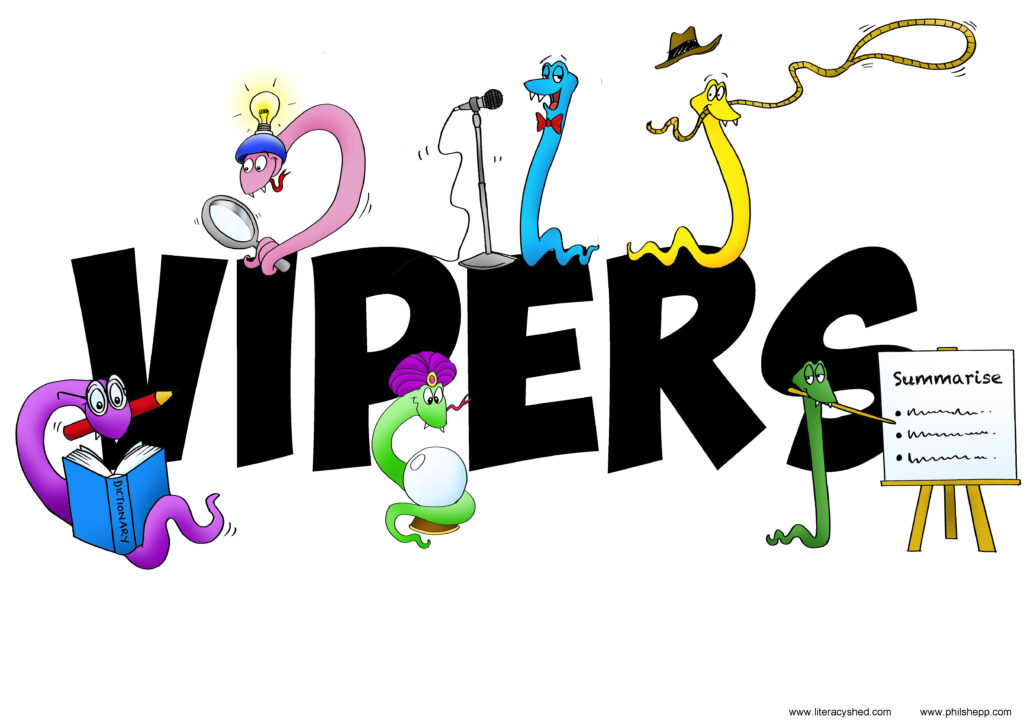
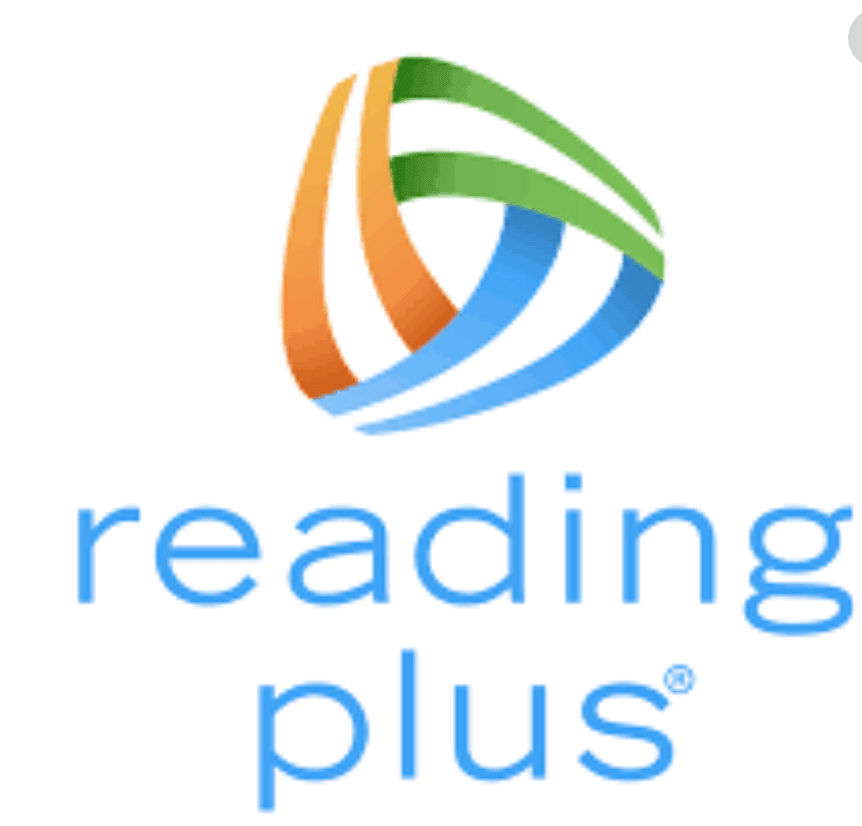
Each year group has a range of high quality texts for their whole class reading. Pupils are introduced to extracts from a range of authors and genres to inspire and engage readers. We supplement these texts with non-fiction and poetry over the year. Pupils in each year group select some of these texts to enjoy as class readers.
Please click on the images below to see the texts for each year group:




